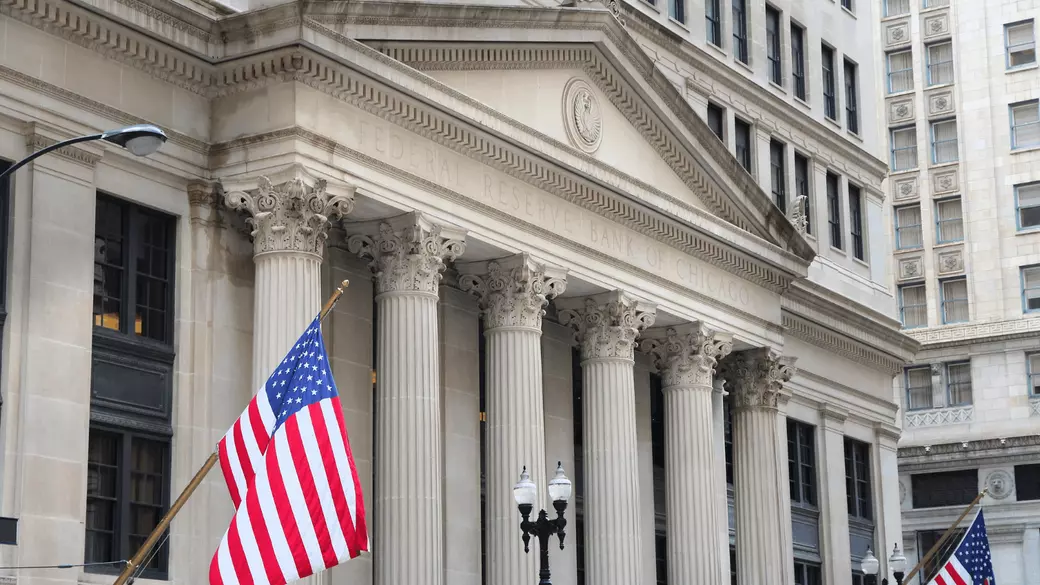How the Federal Reserve’s Next Move Could Impact the Housing Market

The Federal Reserve’s decisions on interest rates have a significant impact on the housing market, and its next move could influence key aspects of the industry. Here are the primary ways the Fed's actions might shape the housing market:
1. Impact on Mortgage Rates
- Rising Mortgage Rates: When the Federal Reserve raises interest rates, it becomes more expensive for banks to borrow money. As a result, banks pass these costs onto consumers through higher mortgage rates. If the Fed decides to continue raising rates, it could push mortgage rates even higher, making it more expensive to finance a home. This typically cools buyer demand and can slow down home price growth.
- Slower Housing Market: Higher mortgage rates reduce affordability for many buyers, especially first-time homebuyers. Fewer buyers mean fewer transactions, which can lead to a slowdown in home sales, price appreciation, and new construction.
2. Affordability Challenges
- Housing Affordability: Higher interest rates make monthly mortgage payments more expensive. As a result, homes become less affordable, particularly in already high-priced markets. If the Fed raises rates further, it may exacerbate the affordability crisis, forcing more buyers out of the market or reducing the size of the home they can afford.
- Homebuyer Pullback: With elevated rates, potential buyers may choose to delay home purchases, reducing overall demand. This could cause home prices to plateau or decline in some regions, especially where affordability is already stretched.
3. Impact on Home Prices
- Price Growth Slowdown: In a rising rate environment, home price growth tends to slow as demand decreases. This is because fewer buyers are able to afford homes at higher interest rates, putting downward pressure on prices. However, in areas with tight inventory, prices may remain stable or even continue to rise modestly, as supply and demand still play a crucial role.
- Price Corrections: In some overheated markets where prices have soared in recent years, rising rates could trigger price corrections. This would especially be true in regions where home values were inflated by historically low mortgage rates during the pandemic.
4. Home Equity and Refinancing
- Refinancing Slowdown: If rates continue to rise, homeowners who locked in historically low rates during the pandemic will be less likely to refinance, reducing the refinancing market's activity. Homeowners will likely stay in their homes longer to hold onto their low-rate loans.
- Impact on Home Equity: Rising rates may limit how much home equity owners can access through refinancing or home equity loans, as higher borrowing costs make tapping into home equity less attractive.
5. Construction and Supply
- Slowing New Construction: Higher interest rates increase the cost of financing for homebuilders, which could slow down new construction. This might worsen the existing supply shortage in many markets, keeping home prices elevated despite reduced demand.
6. Investor Activity
- Decline in Real Estate Investments: Higher borrowing costs could also affect real estate investors, particularly those looking to flip homes or invest in rental properties. With higher financing costs and less attractive returns, investor activity might slow, reducing competition for regular homebuyers in some areas.
Conclusion:
The Fed’s next move on interest rates will likely shape the housing market in several ways. If the Fed continues to raise rates to fight inflation, mortgage rates will likely rise, reducing affordability, slowing home price growth, and cooling demand. However, in areas with limited housing supply, prices may remain resilient. Conversely, if the Fed pauses or lowers rates, it could provide some relief to buyers and help stabilize the market. Understanding the Fed’s policies will be crucial for both buyers and sellers navigating the housing market in 2024.
For further insights on current Fed policies and the housing market, stay updated with sources like the Federal Reserve’s economic announcements and housing market reports from agencies like the National Association of Realtors.
Categories
- All Blogs (288)
- All about Boston (49)
- Buyer Tips (134)
- December Home Maintenance and Safety Tips (1)
- FUN Facts (10)
- Home Décor Ideas (25)
- Home Improvements (1)
- Home Maintenance and Safety Tips (14)
- Infographics (10)
- Investing (77)
- Monday Motivation (6)
- Real Estate (82)
- Seller Tips (101)
- Storage and Organization (8)
- The Open Door Podcast (2)
- The truth about Real Estate (135)
- Tips (83)
Recent Posts











"My job is to find and attract mastery-based agents to the office, protect the culture, and make sure everyone is happy! "
